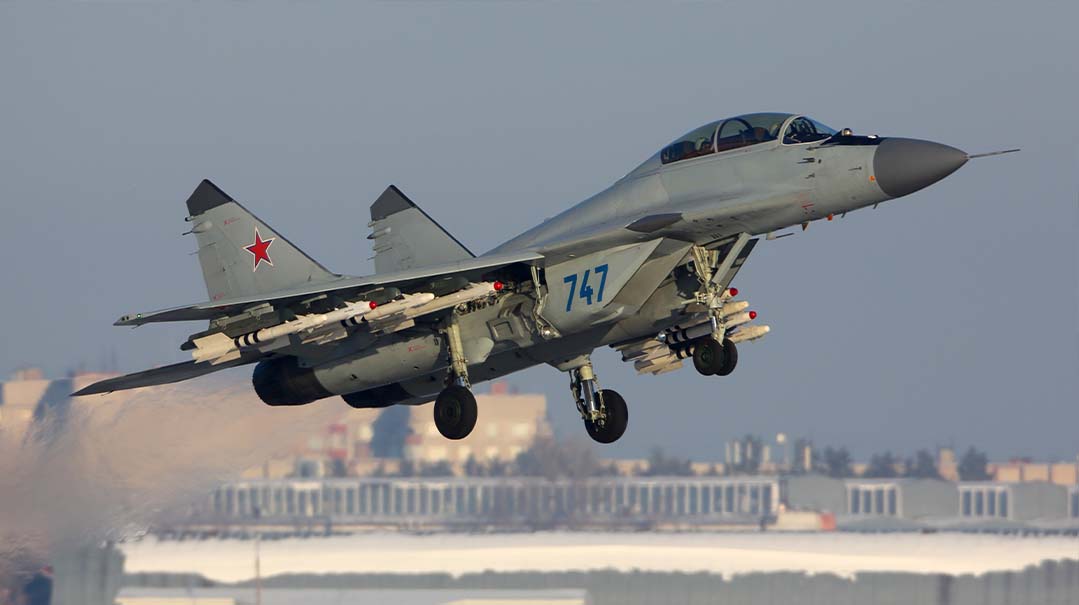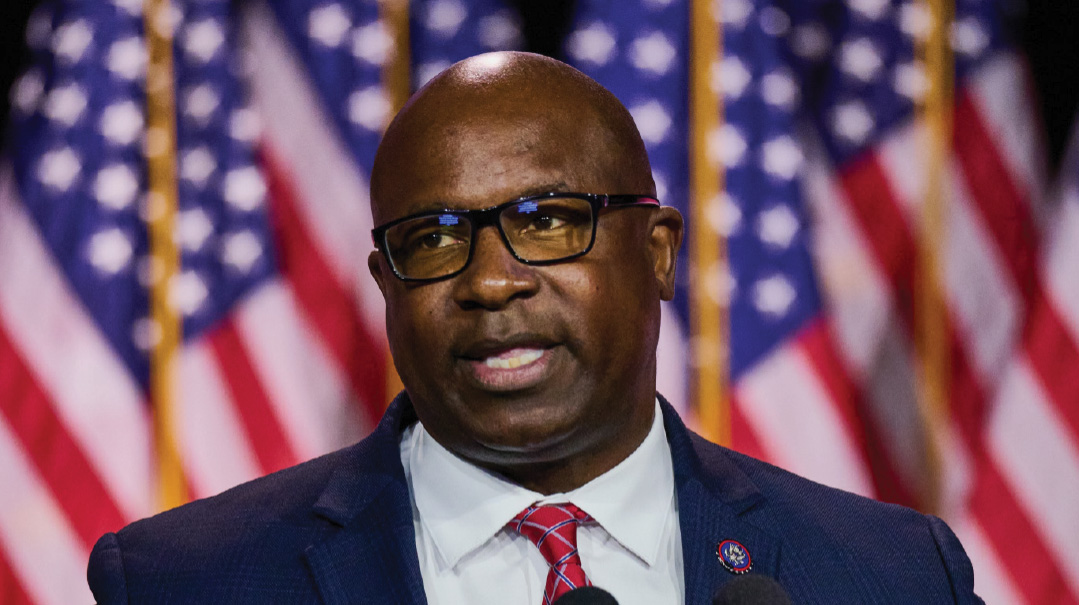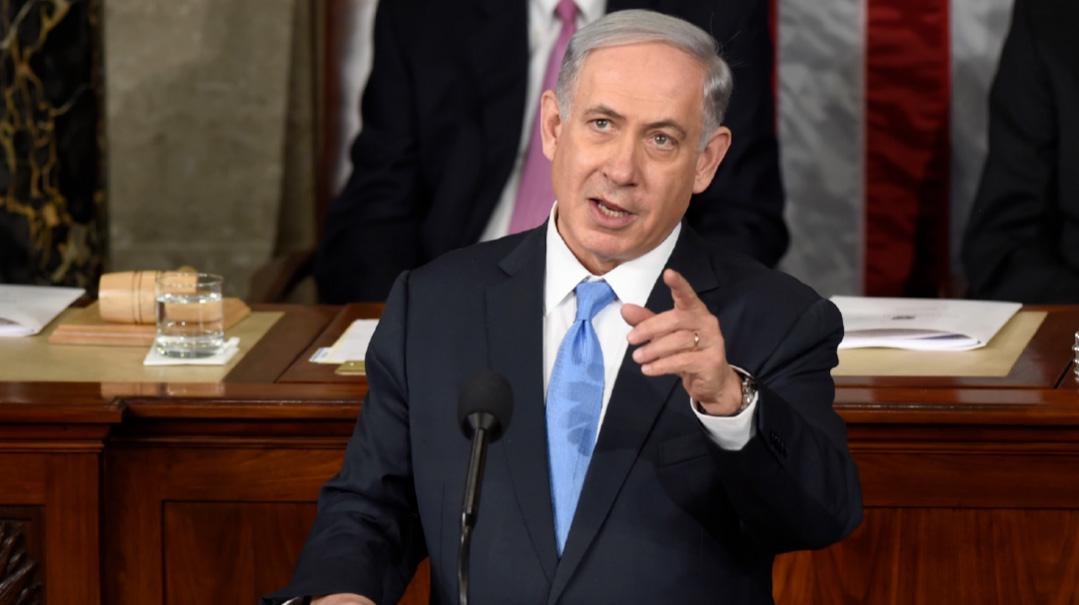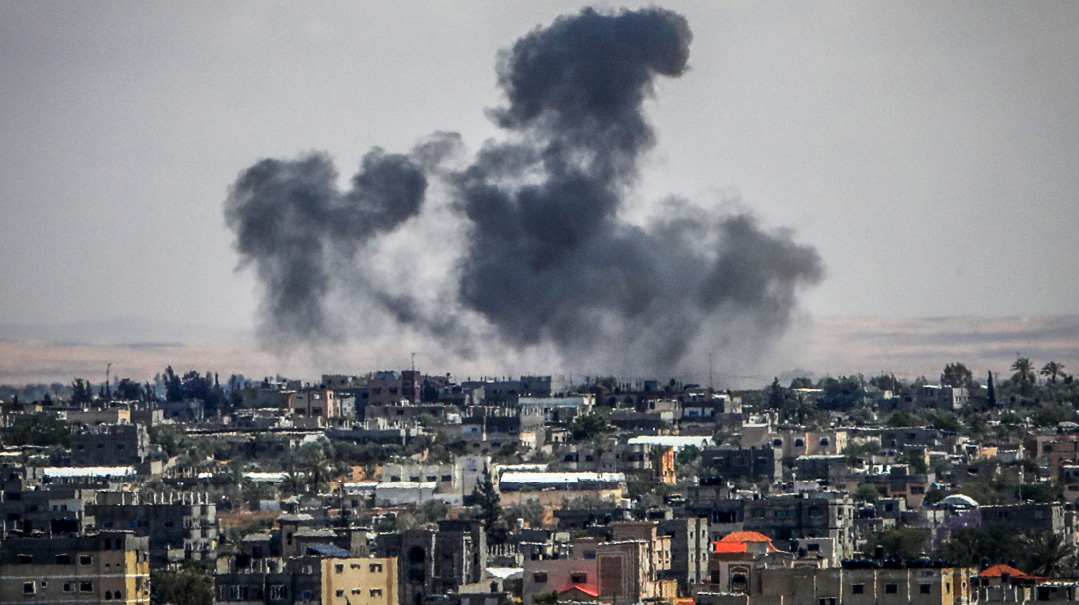What’s Putin’s Goal in Syria?

Suddenly, there are indications that Putin has switched the green light to yellow

Anyone who lived through the Six Day War and the Yom Kippur War was gripped with anxiety that the Soviet Union might flex its military muscle on behalf of its Arab client-states to help shove Israel into the sea.
Fifty years later, one can only marvel at the cooperative relationship Israel has developed with Russia’s Vladimir Putin.
Putin has green-lighted Israeli air raids aimed at hampering Iran’s ambition to entrench its forces near Israel’s side of the Golan Heights and exploit that territory to funnel weapons to Hezbollah in Lebanon.
Suddenly, there are indications that Putin has switched the green light to yellow.
Reports surfaced last week that Russia and Syria would be conducting joint air patrols in strategic areas of Syria, and along the Golan. Since Israel scrupulously avoids aerial clashes with Russia, the joint patrols would further hinder Israel’s ability to take the initiative against Iranian encroachment.
Dr. Jonathan Spyer, an analyst at the Jerusalem Institute for Strategy and Security, is one of the few experts who has traveled to Syria during the recent conflict. During an interview last week, Dr. Spyer labeled Putin’s shift a “two-degree turn” away from Israel. Putin’s main desire now is to assuage complaints by Syrian president Bashar Assad that Israeli military actions complicate his ability to consolidate his control over Syria after its long civil war.
Spyer says the risk is rather low that Russia would raise the stakes further by deploying sophisticated anti-aircraft missiles against the Israel Air Force (IAF).
“With Putin, there is never anything final and decisive,” Dr. Spyer said. “In Syria, Russia is always weaving between the various interests and giving everyone some of what they want, but not all of it.”
One might think that Putin would be too busy with Ukraine to escalate on another front, but Dr. Spyer contends that Putin has devised a global strategy for expanding his influence that also takes advantage of American vacillation.
“I don’t believe that Putin would have carried out his incursion into Crimea in 2014 if it weren’t for American failure [under President Obama] to enforce its red lines after Syria used chemical weapons,” Dr. Spyer said. “Now, Putin is reminding everyone, ‘If you’re going to pressure me in Ukraine, I’m active here in the Middle East, so I can also put your allies under pressure, if I wish.’ ”
Dr. Spyer dismissed the idea that Putin is playing hardball with Israel because he has less confidence in Prime Minister Bennett than he did in Binyamin Netanyahu. He said that Putin and Bennett held a lengthy meeting in October, where it appears Putin extended his approval for ongoing air raids. However, Putin also has domestic political considerations to take into account.
“Putin is generally more sympathetic to Israel than the [rest of the] Russian defense establishment,” Dr. Spyer said. “Putin makes the policy, but he isn’t the only one, and there is strong sentiment in the Russian defense establishment for a return to normalcy in Syria.”
(Originally featured in Mishpacha, Issue 897)
Oops! We could not locate your form.







